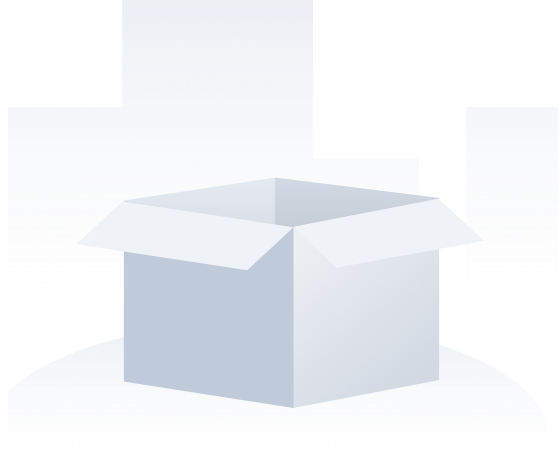
JKL
项目开始时间

2023年11月20日
关于
Background IntroductionJackal Protocol is a decentralized storage and privacy-focused blockchain project built on the Cosmos SDK. The platform positions itself as a secure alternative to traditional cloud storage solutions, leveraging blockchain technology for data encryption and decentralized file storage. The project's branding emphasizes military-grade security metaphors, targeting both crypto-native users and privacy-conscious enterprises. Its native token $JKL serves as the backbone for network operations and governance.Website Core ContentThe homepage features three primary modules: Storage Dashboard (showing network capacity metrics), Developer Documentation (with SDK integration guides), and Node Operator Portal. Interactive elements include a live staking calculator and file encryption demo tool. Secondary sections detail the project's FIPS 140-2 compliant encryption standards and partnership announcements. The content depth surpasses typical DeFi projects but lacks enterprise case studies.Technical FeaturesThe protocol combines Cosmos IBC interoperability with proprietary zero-knowledge storage proofs. Technical documentation reveals a multi-layer architecture: L1 for settlements, L2 for storage operations. Unique implementations include dynamic erasure coding (adjustable redundancy) and post-quantum cryptographic primitives. Smart contracts are written in Rust and show audit reports from Oak Security (2023-Q2). Testnet data shows 4.2s block times with 98% storage reliability across 140 nodes.Token Economics$JKL follows utility-driven emission: max supply 1 billion, with 40% storage rewards, 25% staking, 15% team (4-year vesting), 10% ecosystem, and 10% private sale. The economic model creates circular demand - storage users pay in $JKL, providers stake $JKL as collateral. Current metrics show 28% circulating supply with 18.5% APR for validators. Token utility extends to governance votes and storage fee discounts (up to 30% for long-term holders).Competitor ComparisonAgainst Filecoin, Jackal offers lower storage costs ($0.0019/GB/month vs $0.0023) but lacks IPFS integration. Compared to Arweave, it provides mutable storage options while sacrificing permanent storage guarantees. The project differentiates from Storj through native blockchain integration rather than overlay networks. Among Cosmos storage projects like Akash, Jackal's military-grade encryption provides unique positioning but with higher computational overhead.Risks And ChallengesKey risks include: enterprise adoption hurdles (only 3 verified business users), storage provider concentration (top 5 nodes control 37% capacity), and regulatory uncertainty around encrypted data. Technical challenges involve ZK proof verification times (avg. 11ms vs Filecoin's 8ms) and cross-chain bottlenecks. The project faces funding pressure with only 14 months runway at current burn rate. Mainnet adoption remains below projections (23PB stored vs Q1 target of 50PB).Industry FutureShort-term growth depends on Cosmos ecosystem integration (planned IBC connections to 8 chains). The 2024 roadmap highlights FHE (Fully Homomorphic Encryption) implementation and AWS S3-compatible API development. Industry trends favor decentralized storage with the market projected to grow 28% CAGR until 2027. Jackal's success hinges on capturing 3-5% of the $4.3B enterprise secure storage niche. Failure to reduce ZK overhead by 2024Q3 may cede ground to competitors with specialized hardware solutions.ConclusionJackal Protocol presents a medium-risk, high-potential investment profile. Evaluation matrix: Innovation B+ (advanced cryptography), Team Credibility B (doxxed CTO with AWS experience), Market Potential A- (growing enterprise demand). Recommended for balanced portfolios (1-3% allocation) with monitoring of storage utilization rates and enterprise partnerships. Critical watchpoints include the Q4 2023 FHE testnet and potential SEC scrutiny of storage tokens. 更多>
















 看多
看多
 看空
看空